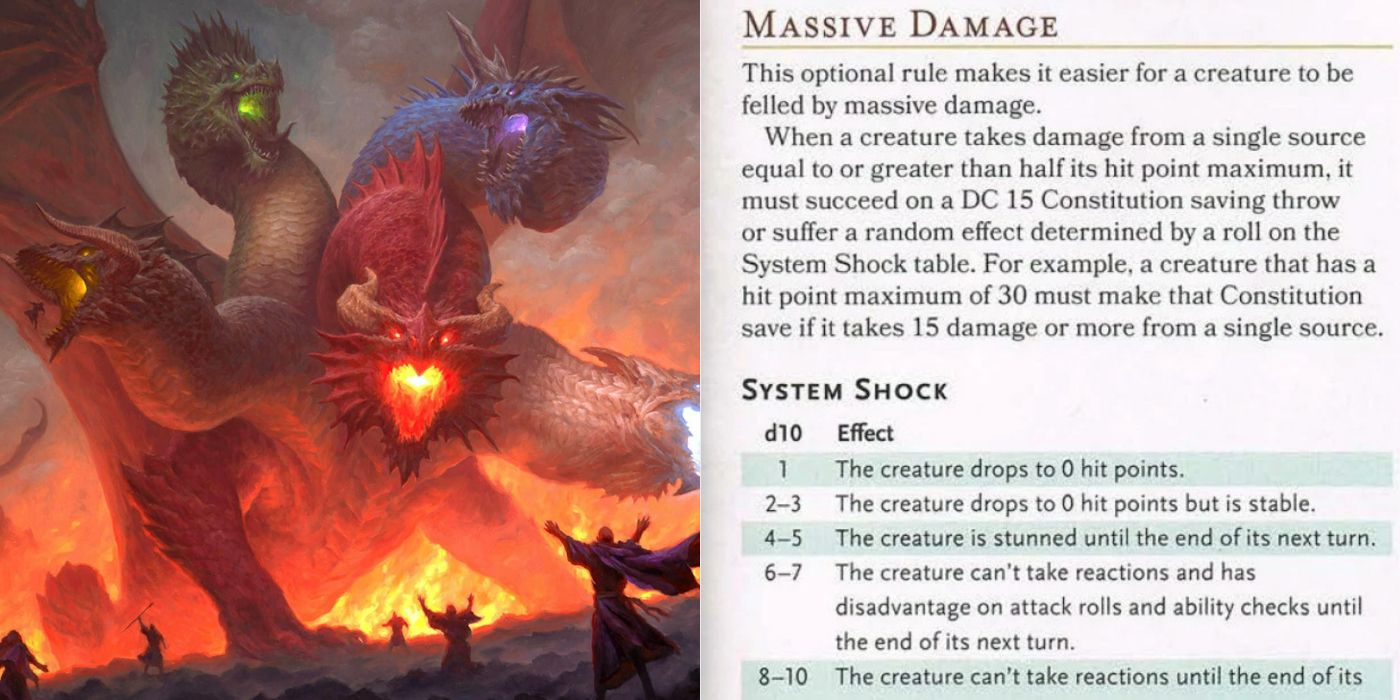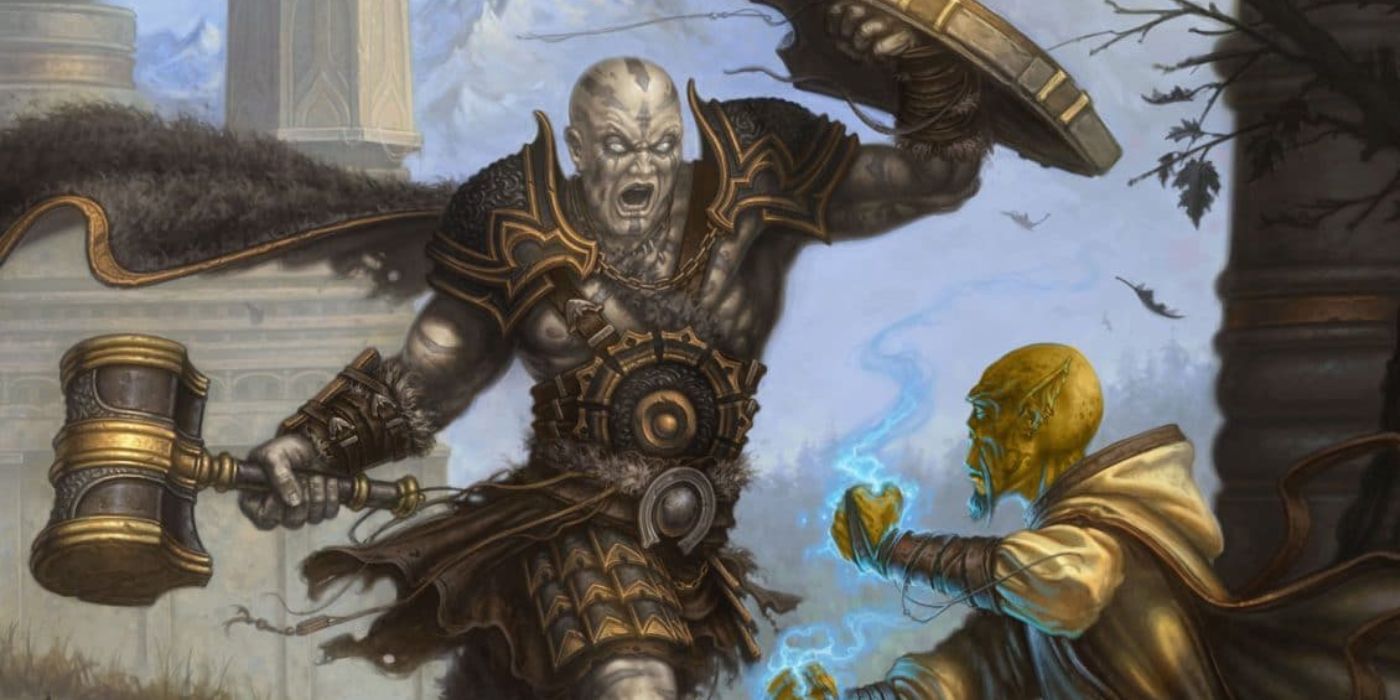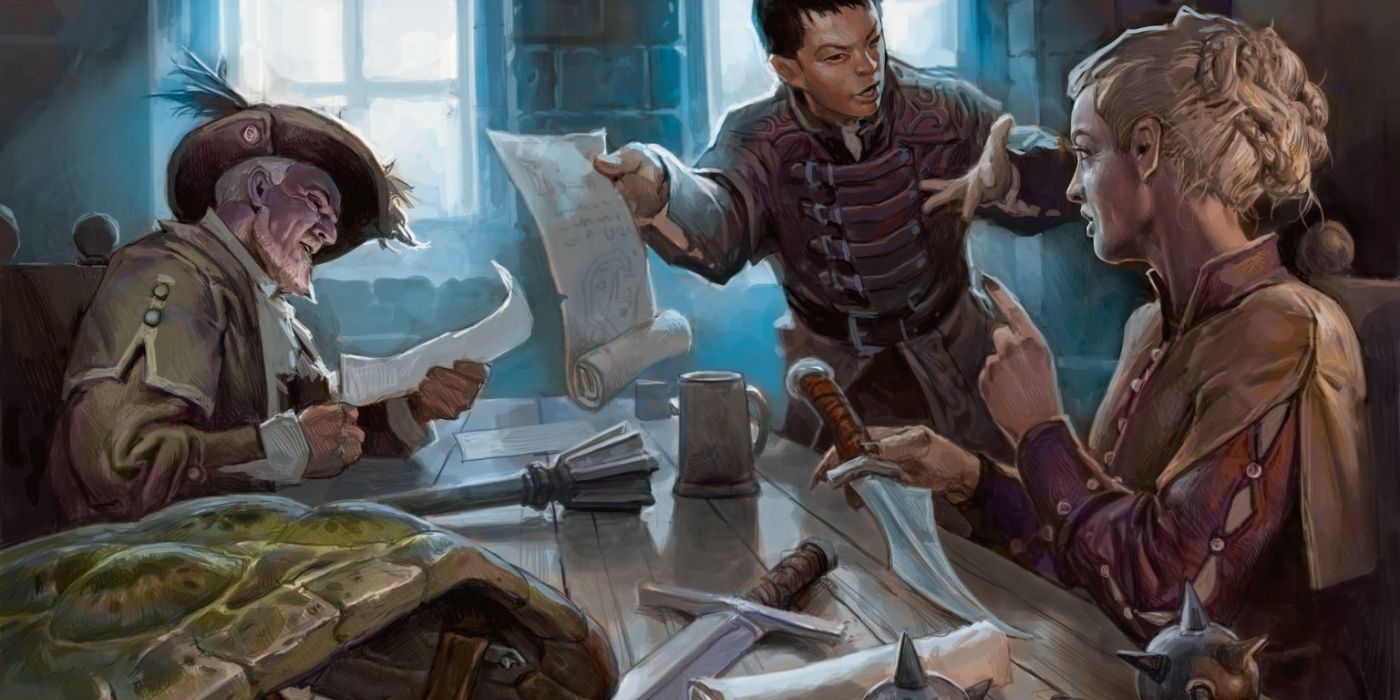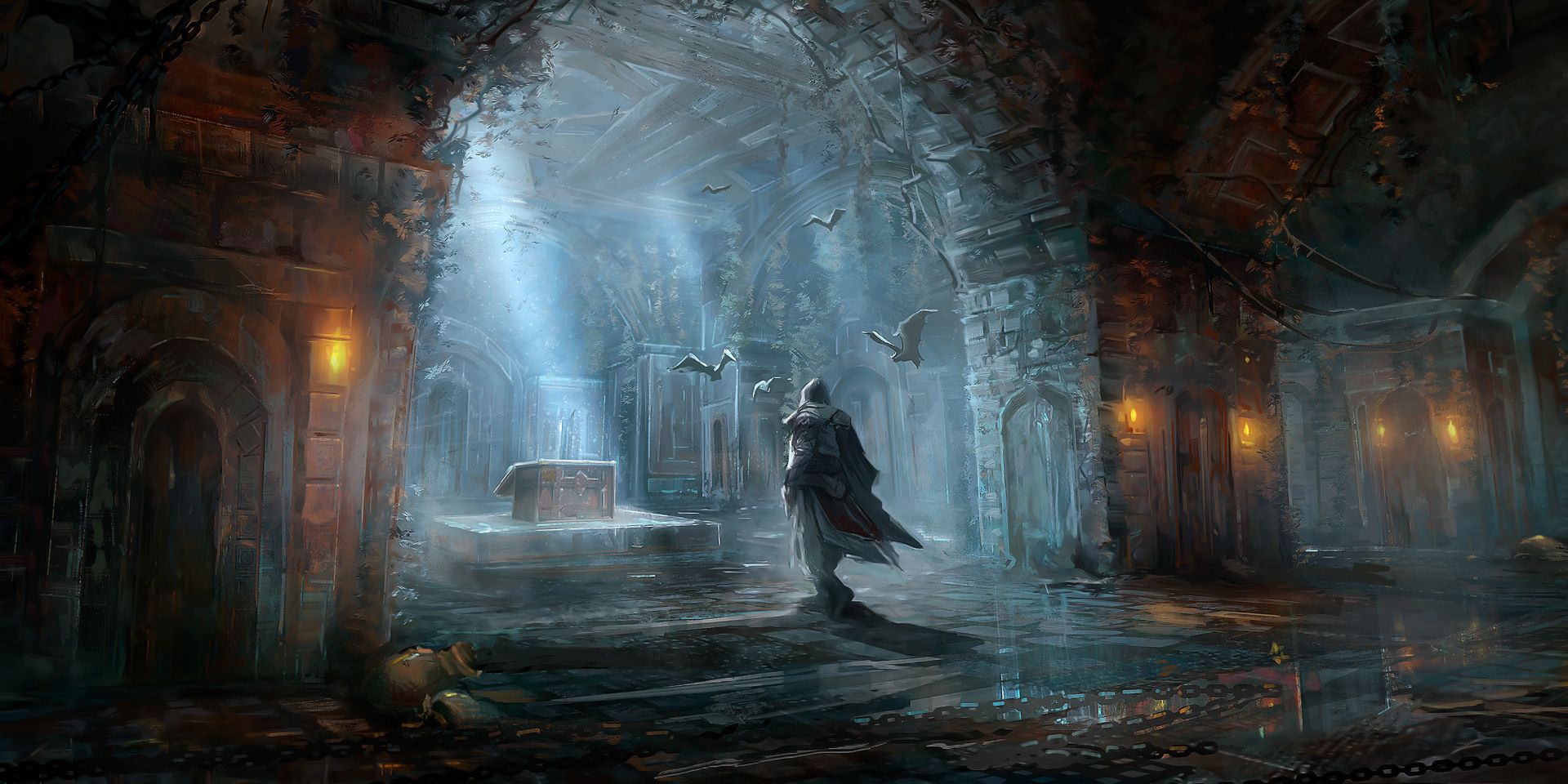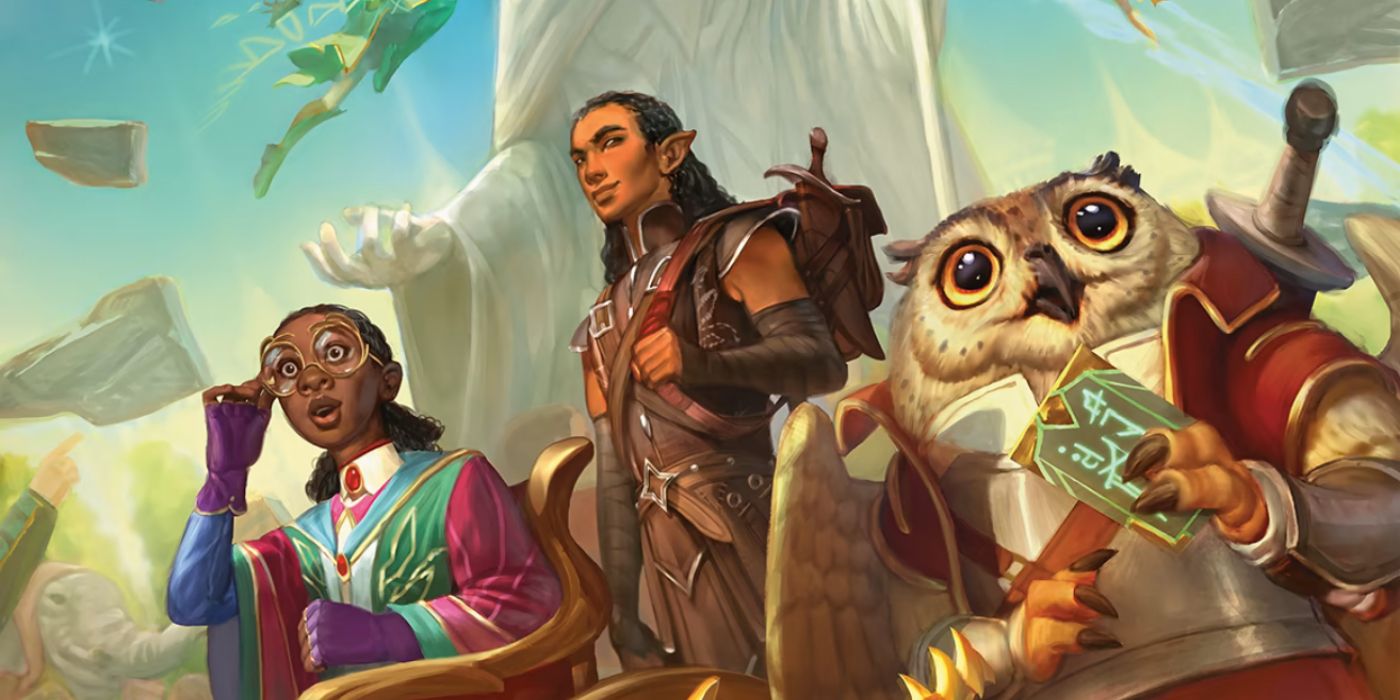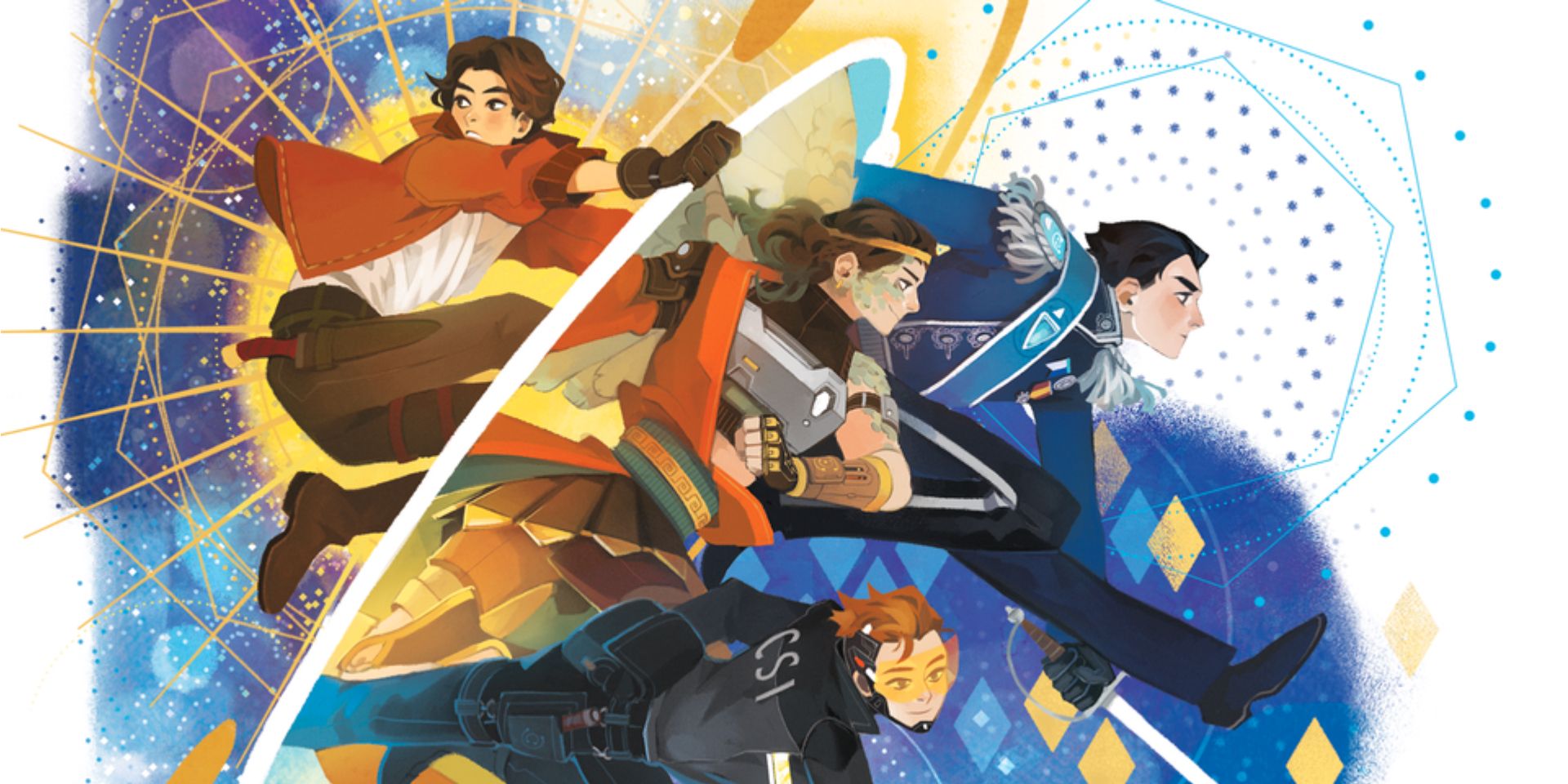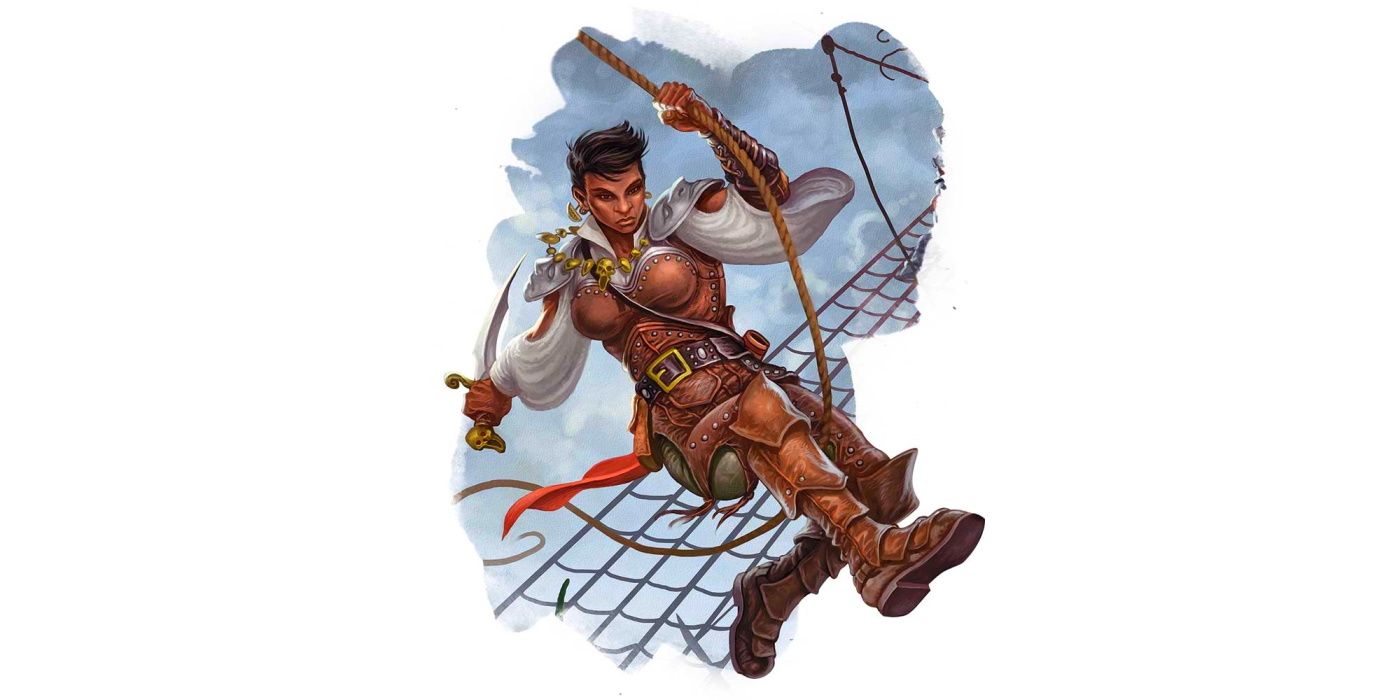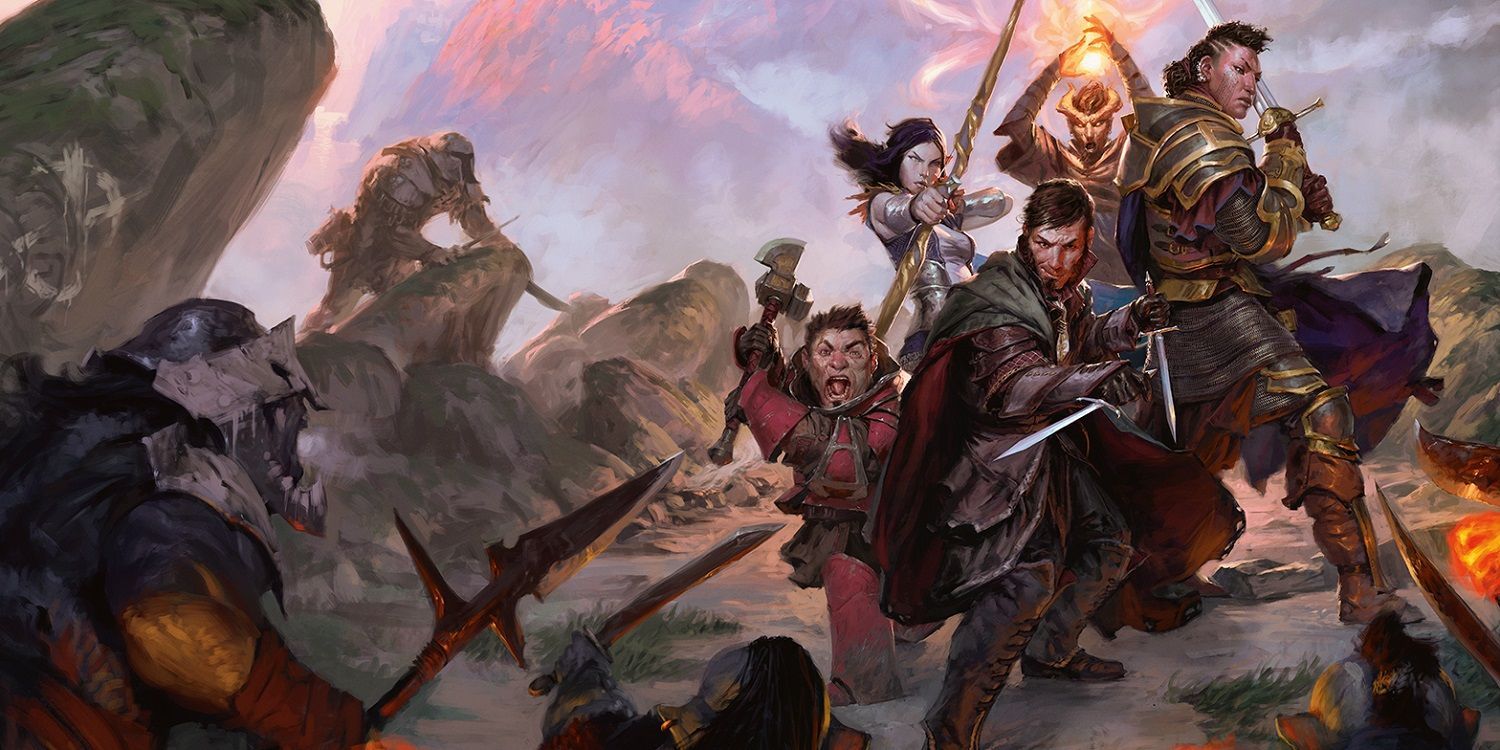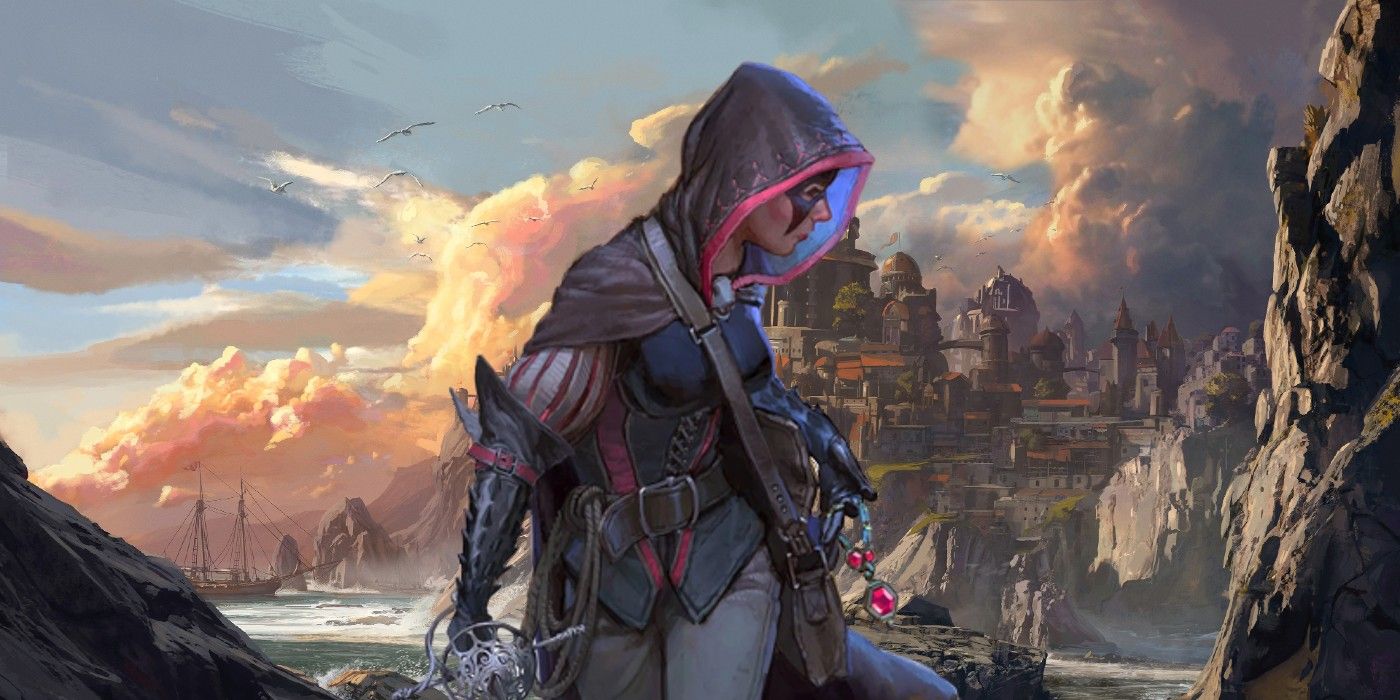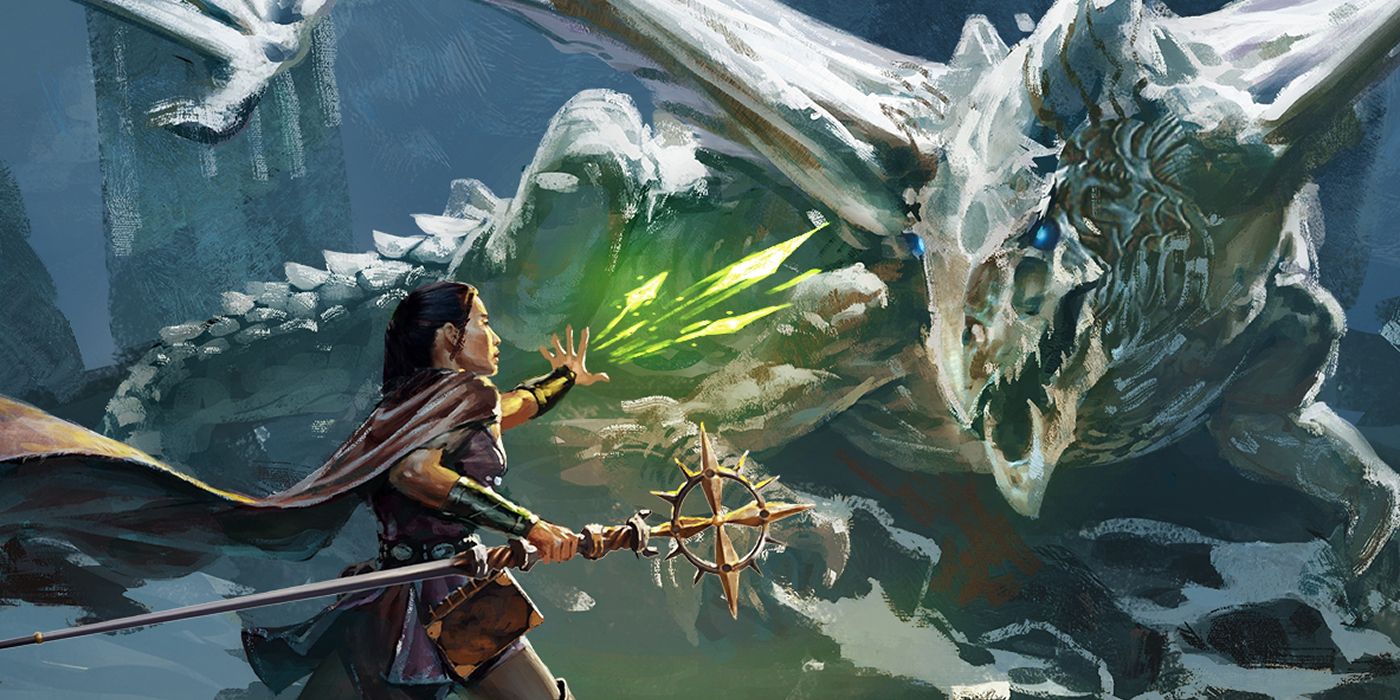The recent release of Spelljammer: Adventures in Space has been a huge hit in the Dungeons & Dragons community. While books like Spelljammer offer a lot of new, prewritten rules and races for D&D, sometimes players find the roleplaying game more enjoyable when they create their own material.
While some players adhere strictly to the "rules as written" (RAW), others prefer to enhance D&D games by creating "homebrew" rules. These are unofficial rules usually tested by personal campaigns, whether it's to correct unpopular RAW rules or to make the game seem more realistic. For newcomers, Reddit is a great source for a crowd-sourced consensus about what some of the best D&D homebrew rules are.
Heavy Damage And Lingering Injuries
One of the more commonly used homebrew rules for D&D is the damage shock table. This is a player-made creation that can decide long-lasting physical effects of a PC after taking massive damage, which is damage equal to or greater than half of the player's maximum hit points.
The reason that this homebrew rule is so popular is that it creates realistic consequences for players in battle. Since combat is such a vital part of D&D, it would make sense that occasionally a PC would retain some long-lasting wounds from their many life-threatening encounters. It also increases the risk of combat overall, as Redditor Deskup articulates, it "makes going below 0 actually scary with the possibility of lingering injuries".
First Level Feats
According to the RAW, a D&D player cannot obtain feats until their first ability score improvement in game. While level 1 feats are available to the variant human subrace, this homebrew feature adjusts the rules so any first-level character can take a feat.
The unofficial rule for first-level feats was created for a few reasons, one being a way to further character detail by giving a specific ability rather than just adjusting ability score numbers. As Redditor Bridges1120 mentions, it's good for naturally vulnerable level 1 player characters, as it "helps temper some of how utterly dangerous the game can be for 1st level characters."
Dying Breath
A PC death is not to be taken lightly in Dungeons & Dragons. Unfortunately, death happens according to RAW, it can be extremely anticlimactic, and the rules for such situations are associated more with numbers than roleplaying. Many players have added homebrew rules to make player deaths more satisfying, and one example is what Redditor TheHeadlessOne calls "dying breath" actions.
This rule allows players one final action once their characters fail their final death saving role. As TheHeadlessOne explains, "It's very loosey goosey; they can make an attack, which will automatically crit, or bless an object and bestow their remaining power into it, or smash down a wall to let their companions escape." This overall gives a more cinematic conclusion to player deaths rather than simply dying without a word.
Cool Points
"Cool Points" is a similar yet less formal mechanic than the RAW rule of inspiration. This homebrew rule allows the Dungeons Master to reward players for creative thinking, actions or anything else the DM considers "cool." In one Redditor's experience, it was used "whenever you did something cool enough to become a story or funny enough to make the whole table laugh."
According to this particular mechanic, "cool points" could be used to "reroll a d20 or make the DM reroll a d20." This is different from Inspiration, which just gives advantage to an attack roll, saving throw or ability check. Overall, "cool points" gives more freedom to what the Dungeon Master deems commendable, while Inspiration is written as rewarding player actions that fit their character's written bonds and ideals.
Skill Challenges
A Skill Challenge is a homebrew creation that introduces a specific scenario to players, which they must complete as a team in the style of a montage. This is a little more fluid than combat mechanics, and aims to give characters more of a say in the story. As Redditor Brevard1986 explains, the rule can be found in the D&D group Critical Hits.
Brevard1986 further explained that each character must use a specific skill, like Nature or Stealth, for example, to complete the challenge, adding up to "something like 6 successes and 3 failures with DC 13+ depending party numbers and levels." Overall, Skill Challenges are a fun side quest narrative to add to a campaign, and provides a fun alternative to the classic pre-written events in D&D, like combat.
Stealth Modifications
While Stealth is just one of the many basic skills in D&D, and vital to the rogue class, some players have found that it is better used when tweaked with homebrew rules in order to limit metagaming. One solution is, instead of treating stealth as any other skill, to only roll when the situation specifically calls for it.
Redditor jward articulates well how it works: "Instead of 'I rolled 20, I stealth to the door,' I get, 'I keep about ten feet in the forest so I'm a bit obscured but can still see them and circle around to the back of the tent.'" Overall, this tweak makes stealth seem a lot more real and promotes creativity for exactly how players are attempting to sneak around.
Legal Metagaming
While metagaming is usually avoided in D&D, one Redditor recommends a version of it that makes sense for gameplay. They describe the rule as, "if you are talking during combat, an enemy can hear you talking, and you do not explicitly state that you are speaking in a language that they cannot understand," then the DM can take actions using whatever you're discussing as essentially legal metagaming."
Naturally, a player's tendency is usually to avoid metagaming at all costs, but with this rule, it can be used to create situations that require players to think more critically. It also creates a more realistic scenario that gives real consequence for player conversations.
Not Tracking XP
According to RAW, player characters are expected to level up every time they gain the correct amount of experience points. Redditor cannons_for_days recommends a homebrew rule that allows a lot more freedom when it comes to leveling up. Instead of relying on XP, in this rule, a character gains a level whenever the DM seems it is fit. This rule is a great tip for Dungeon Masters who wish their players to level up more naturally.
As cannons_for_days explains: "Characters have a breakthrough moment? Grant them a new level. Player does something totally ingenious that's very in-character? Grant them a new level," though the actual leveling up is done at the end of a session. This way different players in the party can be different levels at the same time, and allows leveling up to be used more as a reward or goal than an accumulation of points.
Critical Hits
Though some hold the unpopular opinion that RAW should always be respected, others see its rules over Critical Hits as less than desireable. This is mostly because players wish these attacks could deal more damage, instead of just doubling what has been rolled.
A popular homebrew solution to this issue is to roll damage as normal, but then to add the maximum damage that can be rolled as well. This makes critical hits feel much more distinct than regular damage, and ups the stakes overall. As Redditor Snoo2920 explains, "it's really fun when you hit an enemy with one but terrifying when an enemy gets one in on you."
Hero's Last Stand
In RAW rules, a character that goes down to 0 hit points simply goes unconscious, which to most players, seems a little anticlimactic. Redditor Willibombago aimed to adjust this situation to be more involved, and did so with a homebrew rule they call "Hero's Last Stand."
"Hero's Last Stand" follows most RAW rules for 0 hit points, like the rolling of death saving throws, but allows a character further action than simply doing nothing for a turn. In this rule, players are allowed to "move up to 10 feet but can't get up from prone," and can choose to take one of the listed actions per turn: Interaction, Attack, Gather Strength, Find or Drink a Health Potion, or Improvise.

